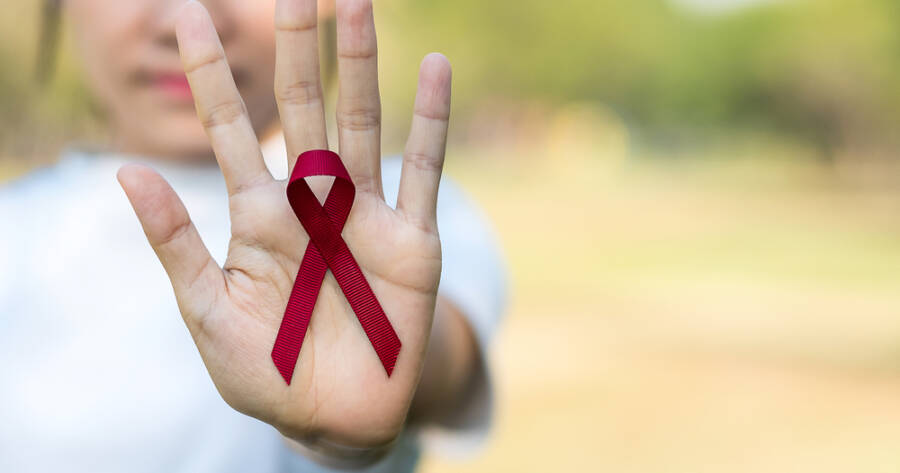In the battle against HIV, early detection has proven to be a crucial factor in improving outcomes and saving lives. Human Immunodeficiency Virus (HIV) remains a significant global health issue, affecting millions of people worldwide.
What is HIV?
HIV, or human immunodeficiency virus, is a virus that targets the immune system and weakens people’s defense systems against infections and some types of cancer. Acquired immunodeficiency syndrome (AIDS) is the most advanced stage of HIV infection. AIDS is a life-threatening condition that occurs when the immune system is severely damaged due to the presence of HIV in the body.1
HIV is primarily transmitted through unprotected sexual intercourse, contaminated blood transfusions, sharing needles or other drug paraphernalia, and from mother to child during pregnancy, childbirth, or breastfeeding. It is crucial to understand that HIV cannot be transmitted through casual contact such as shaking hands, hugging, or sharing utensils.
Early detection of HIV is essential for effective management and improved outcomes. Regular testing, especially for individuals at higher risk, enables timely diagnosis and access to appropriate medical care, including antiretroviral therapy (ART). ART can suppress the virus, slow the progression of the disease, and significantly improve the quality and longevity of life for people living with HIV.
Early Detection Saves Lives
Early detection of HIV infection is of paramount importance as it allows individuals to receive prompt and effective treatment, leading to improved health outcomes and a longer life expectancy. When diagnosed early, people living with HIV can benefit from antiretroviral therapy (ART), a combination of medications that suppress the virus and prevent it from multiplying. ART has revolutionized the management of HIV, transforming it from a life-threatening condition to a manageable chronic illness.
The earlier HIV is detected and treatment is initiated, the more effective ART is in preserving immune function and preventing serious illnesses and complications associated with AIDS. Early detection also reduces the risk of transmitting HIV to others, as individuals can take precautions and adopt safer sexual practices once they are aware of their status.2
Moreover, early detection enables individuals to make informed decisions about their health, including reproductive choices and planning for the future. With proper medical care and adherence to treatment, people living with HIV can live long, healthy, and fulfilling lives.
Get Tested Today!
Getting tested for HIV is a crucial step in safeguarding one’s health and well-being. It is recommended that everyone, particularly those at higher risk, get tested regularly. Testing is simple, confidential, and widely available at healthcare facilities, community centers, and even at-home test kits.
If you suspect you may have been exposed to HIV, it is essential to get tested as soon as possible. Early detection can make a significant difference in the course of the infection and your overall health. Remember, knowing your status empowers you to take control of your health and seek appropriate medical care.
Destigmatizing HIV testing is crucial to encouraging individuals to get tested and receive the necessary support. It is important to raise awareness about HIV prevention, transmission, and treatment, while fostering a supportive environment that promotes testing without fear or judgment.
Learn More
The journey toward ending the HIV epidemic is significantly bolstered by the power of early detection. By understanding and prioritizing early testing, individuals can gain control over their health, access timely treatment, and significantly reduce the risk of transmitting the virus to others. The advancements in diagnostic technologies have made testing more accessible and accurate, offering hope and reassurance to millions.
As a society, promoting awareness, reducing stigma, and encouraging regular testing are essential steps in our collective effort to combat HIV. Early detection not only saves lives but also paves the way for a healthier future for everyone. Together, we can transform the landscape of HIV, making it a condition that is not feared, but managed with confidence and care.
